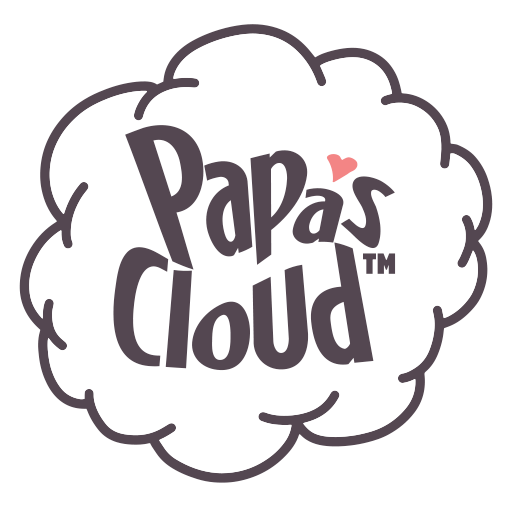Is Delta8 federally legal?
The name “Delta8 THC” might sound intimidating, considering the negative stigma that has been attached to Delta 9 THC for the last century. However, the good news is that Delta 8 THC is completely legal at the federal level and in most US states, all thanks to the Agricultural Improvement Act of 2018, also known as the 2018 Farm Bill.
Under the 2018 Farm Bill, all derivatives, isomers, and cannabinoids found in hemp are legal as long as the final product contains less than 0.3% Delta 9 THC. Delta 8 THC, which is an isomer of CBD and a derivative of hemp and CBD, is a cannabinoid that can be extracted from hemp and can be found in our extracts containing less than 0.3% Delta 9 THC.
We often get asked about the Federal Analogue Act, which is part of the Controlled Substances Act, because Delta 8 THC is listed. This is where the 2018 Farm Bill is especially helpful, as it also includes an amendment to the Controlled Substances Act, explicitly removing all tetrahydrocannabinols found in hemp.
The relevant language from the 2018 Farm Bill is listed below, along with links to the original text.
Please be aware that the information provided on this page and website is intended solely for informational purposes and does not constitute legal advice. You can read our full legal disclaimer by clicking on the link provided HERE. We make every effort to stay abreast of all state and federal laws; however, laws, particularly at the state level, are subject to change frequently. Therefore, we strongly recommend that you conduct your own research and seek the guidance of a legal professional to ensure that you are operating within the bounds of the law in your state or territory at all times.
AGRICULTURE IMPROVEMENT ACT OF 2018 - SUBTITLE G—HEMP PRODUCTION
SEC. 297A. DEFINITIONS.
(1) HEMP.—The term ‘hemp’ means the plant Cannabis sativa L. and any part of that plant, including the seeds thereof and all derivatives, extracts, cannabinoids, isomers, acids, salts, and salts of isomers, whether growing or not, with a delta9 tetrahydrocannabinol concentration of not more than 0.3 percent on a dry weight basis.
SEC. 12619. CONFORMING CHANGES TO CONTROLLED SUBSTANCES ACT.
(a) IN GENERAL.—Section 102(16) of the Controlled Substances Act (21 U.S.C. 802(16)) is amended—
(1) by striking ‘‘(16) The’’ and inserting ‘‘(16)(A) Subject to subparagraph (B), the’’; and
(2) by striking ‘‘Such term does not include the’’ and inserting the following:
‘‘(B) The term ‘marihuana’ does not include—
‘‘(i) hemp, as defined in section 297A of the Agricultural Marketing Act of 1946; or
‘‘(ii) the’’. (b) TETRAHYDROCANNABINOL.—Schedule I, as set forth in section 202(c) of the Controlled Substances Act (21 U.S.C. 812(c)), is amended in subsection
(c)(17) by inserting after ‘‘Tetrahydrocannabinols’’ the following: ‘‘, except for tetrahydrocannabinols in hemp (as defined under section 297A of the Agricultural Marketing Act of 1946)’’.
What is the Farm bill?
The farm bill is a package of legislation passed roughly every five years that has a large impact on farming livelihoods, how our food is grown, and what kind of agriculture can be grown legally.
Signed by President Trump on December 20th 2018 and implemented by the U.S. Department of Agriculture (USDA), the latest Farm Bill allows pilot programs to study hemp and hemp-derived products while also outlining actions that are considered violations of the federal hemp law, including such activities as cultivating hemp without a license or producing cannabis with more than .3 percent Delta 9 THC.
Delta 8 THC is legally allowed under the latest Farm Bill, as it does not fit the definition of marijuana under the Controlled Substance Act and is derived from the legal hemp plant.
READ THE FULL FARM BILLIndividual state laws
-
- Alabama
- Alaska
- Arizona
- Arkansas
- California
- Colorado
- Connecticut
- Delaware
- Florida
- Georgia
- Hawaii
- Idaho
- Illinois
- Indiana
- Iowa
- Kansas
- Kentucky
- Louisiana
- Maine
- Maryland
- Massachusetts
- Michigan
- Minnesota
- Mississippi
- Missouri
- Montana
- Nebraska
- Nevada
- New Hampshire
- New Jersey
- New Mexico
- New York
- North Carolina
- North Dakota
- Ohio
- Oklahoma
- Oregon
- Pennsylvania
- Rhode Island
- South Carolina
- South Dakota
- Tennessee
- Texas
- Utah
- Vermont
- Virginia
- Washington
- West Virginia
- Wisconsin
- Wyoming
- Washington D.C
